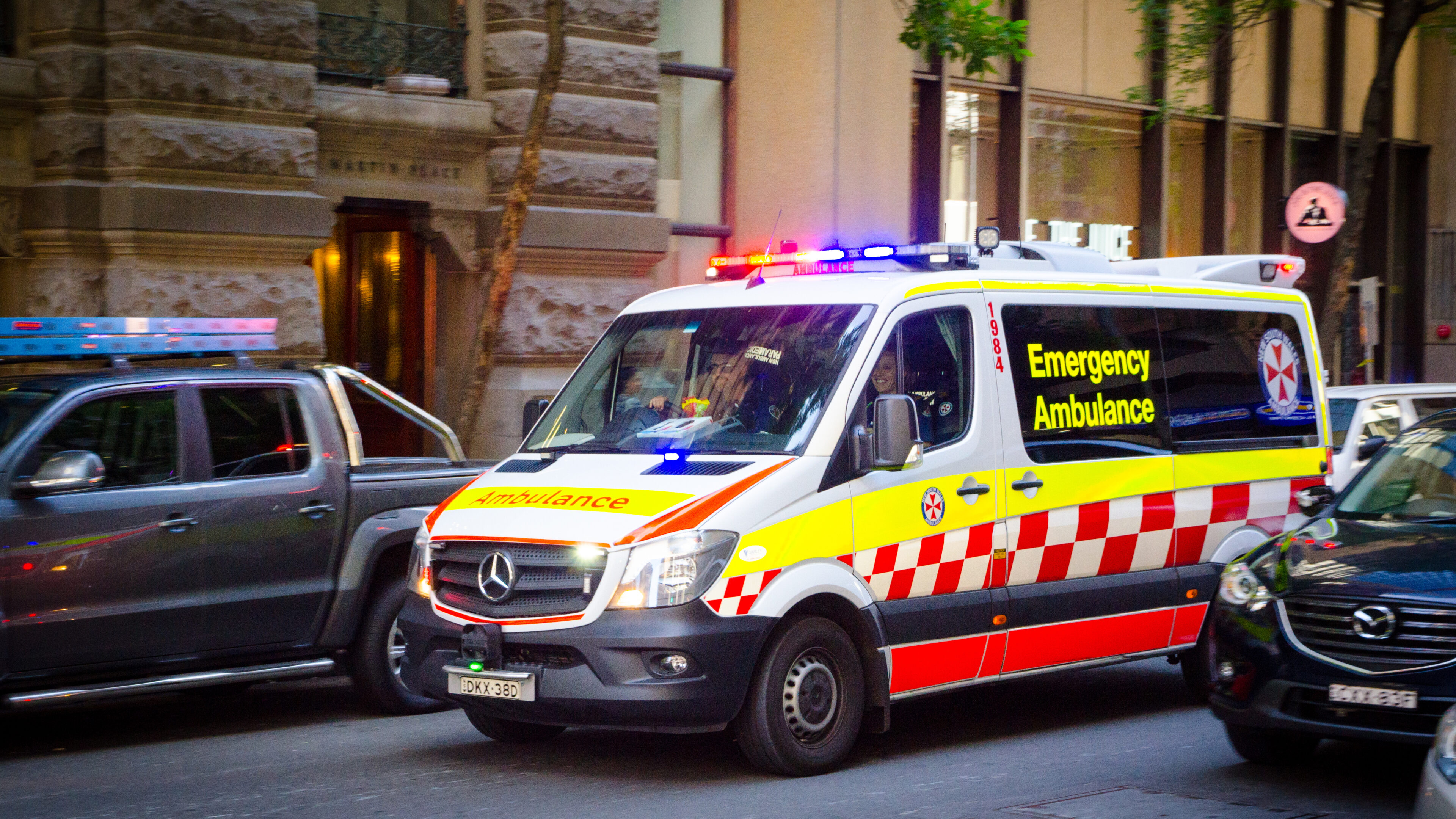
Have you ever been calmly driving and suddenly heard sirens? You look around and see flashing lights behind you or approaching fast. It’s natural to feel panic or uncertainty, wondering, “Where do I go and what are my obligations when giving way to emergency vehicles NSW?”
The law on giving way to emergency vehicles NSW
The Road Rules (NSW) 2014 clearly define your rights and responsibilities in these situations. Importantly, the rules for emergency vehicles override other road rules – even if those rules would normally require the emergency vehicle to give way to you. These laws apply whether the emergency vehicle has flashing lights, a siren, or both.
Your first responsibility is to avoid moving into the path of an approaching emergency vehicle. If you find yourself in its path, you must safely move out of the way as soon as possible.
How to act safely when giving way to emergency vehicles NSW
You must give way to emergency vehicles and never try to beat them across intersections. The driver of an emergency vehicle may behave unpredictably – they might use unusual parts of the road such as roundabouts, footpaths, or median strips.
If you are stationary when an emergency vehicle approaches, stay put. Otherwise, slow down and stop if necessary to avoid collisions.
Drivers often face tough choices in these moments, influenced by road conditions and how early they detect the emergency vehicle. If unsure, avoid erratic moves and allow the emergency vehicle to navigate safely around you.
Important updates and penalties
Since 1 September 2018, NSW drivers must reduce speed to 40kph when passing stationary emergency vehicles with flashing red or blue lights, and only accelerate once safely past. You must also give way to pedestrians near the emergency vehicle.
Failing to follow these rules can result in fines and serious consequences. In case of a collision, you may be held liable for property damage or injuries.
When to seek legal advice about giving way to emergency vehicles NSW
This is general advice. Because each situation is unique, I recommend you seek specific legal advice tailored to your circumstances. Contact the team at Whitelaw McDonald Lawyers today with any questions – we’ve got your back.


